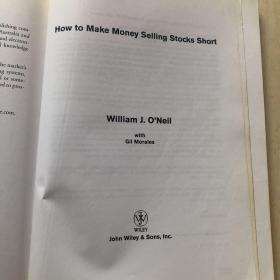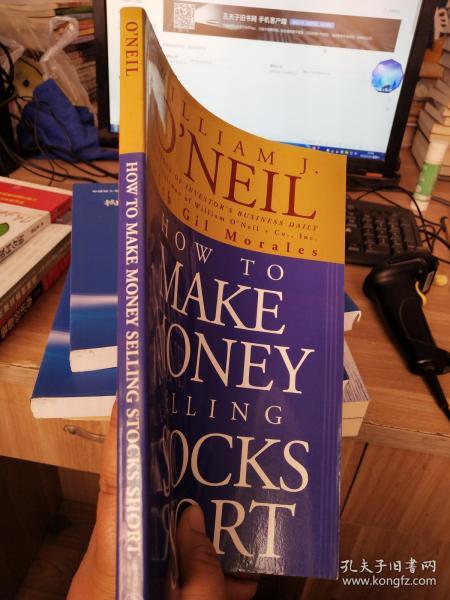Understanding the Concept

Have you ever wondered how to make money selling your poop? It might sound unusual, but it’s a real and growing industry. Known as fecal transplantation or stool banking, this process involves collecting, processing, and selling fecal matter for various medical purposes.
Why People Sell Their Poop

People sell their poop for a variety of reasons. Some do it for financial gain, while others participate in research studies or help those suffering from certain medical conditions. Here are a few reasons why people might consider selling their feces:
-
Financial Compensation: Participants can earn anywhere from $40 to $60 per donation, depending on the facility and the type of study.
-
Medical Research: Selling your poop can contribute to research on gut health, infectious diseases, and other medical conditions.
-
Helping Others: Fecal transplants have been shown to be effective in treating Clostridioides difficile infection, a potentially life-threatening condition.
How to Get Started

Before you can start making money selling your poop, you need to find a reputable stool bank or research facility. Here’s how to get started:
-
Research Facilities: Look for stool banks or research facilities in your area. You can find them by searching online or asking your doctor for recommendations.
-
Qualification Process: Most facilities require you to undergo a screening process to ensure you’re eligible. This may include a medical history review, blood tests, and a physical examination.
-
Training: Some facilities offer training sessions to teach you how to collect and store your stool properly.
The Collection Process
Once you’re approved to participate, you’ll need to know how to collect your stool. Here’s a step-by-step guide:
-
Use a Clean Container: Collect your stool in a clean, disposable container. Some facilities provide their own containers.
-
Collect the Sample: Wait until you have a bowel movement, then collect a fresh sample. Be sure to avoid urine or toilet paper in the container.
-
Label and Store: Label the container with your name and the date of collection. Store it in the refrigerator until you can deliver it to the facility.
The Processing and Distribution
After you deliver your stool sample to the facility, it will be processed and stored. Here’s what happens next:
-
Processing: The stool is processed to remove any harmful bacteria and parasites. It’s then frozen and stored in liquid nitrogen.
-
Testing: The processed stool is tested for pathogens and quality before it’s distributed.
-
Distribution: The stool is distributed to patients or researchers in need of fecal transplants or other medical applications.
Legal and Ethical Considerations
It’s important to understand the legal and ethical aspects of selling your poop. Here are a few things to keep in mind:
-
Consent: You must give informed consent before participating in any stool banking or research study.
-
Privacy: Your personal information and medical history should remain confidential.
-
Compensation: You should receive fair compensation for your time and effort.
Is Selling Your Poop Safe?
While selling your poop can be a safe and rewarding experience, there are potential risks to consider. Here are a few:
-
Infection: There’s a risk of infection if you don’t follow proper collection and storage procedures.
-
Privacy Concerns: Your personal information and medical history may be shared with third parties.
-
Legal Issues: Selling your poop may be illegal in some jurisdictions.
Conclusion
Selling your poop might not be for everyone, but it can be a unique way to make money and contribute to medical research. If you’re considering participating in a stool banking or research study, be sure to do your research and understand the risks and benefits involved.




